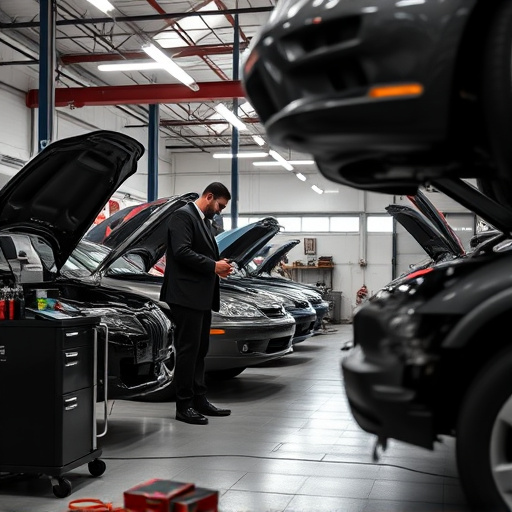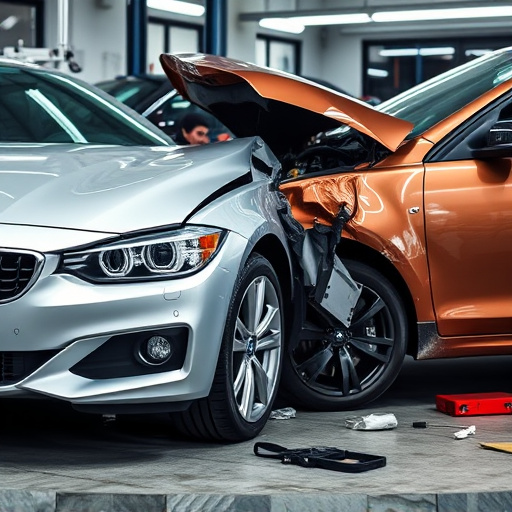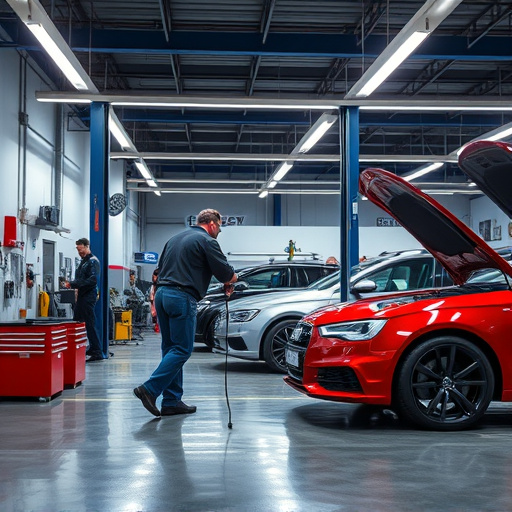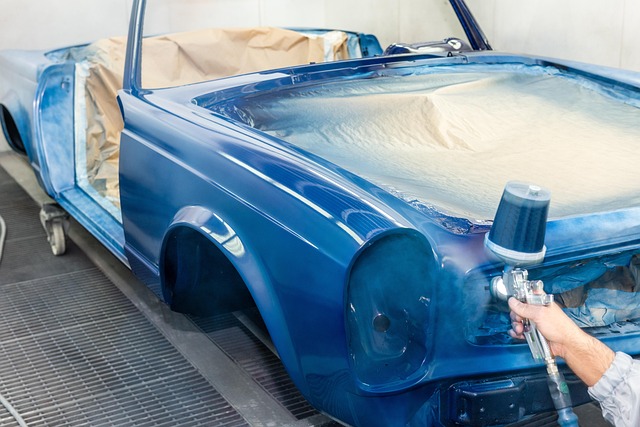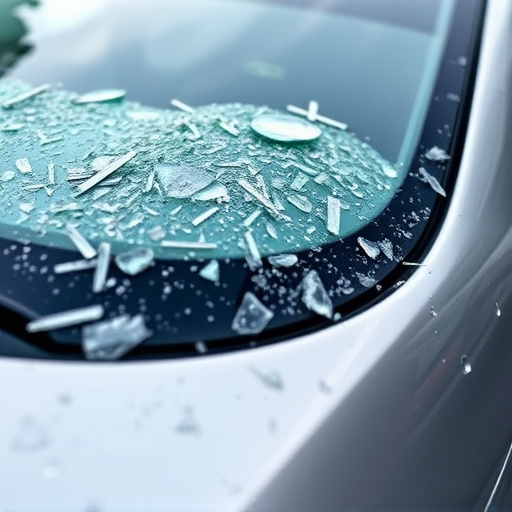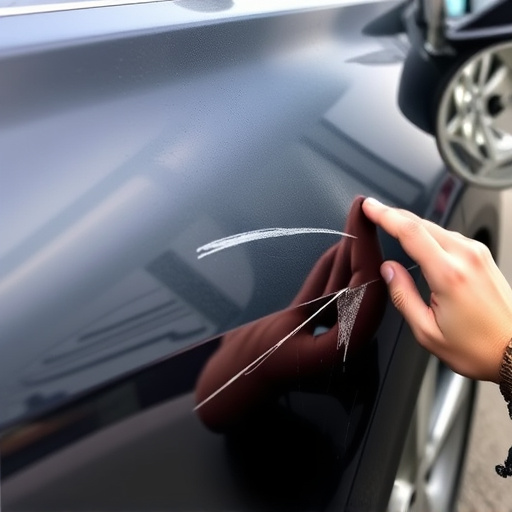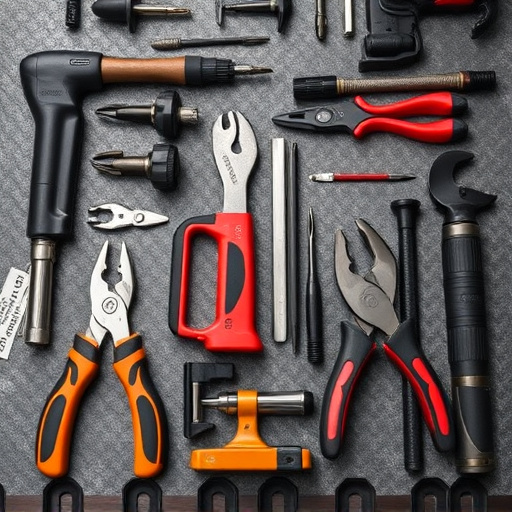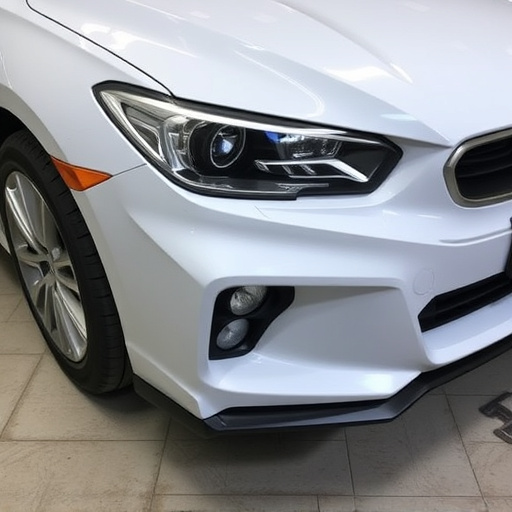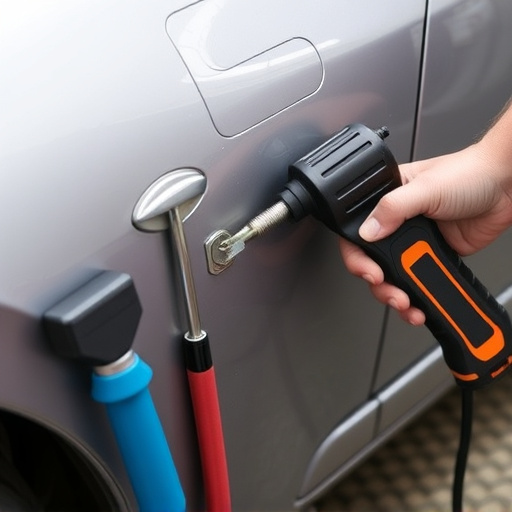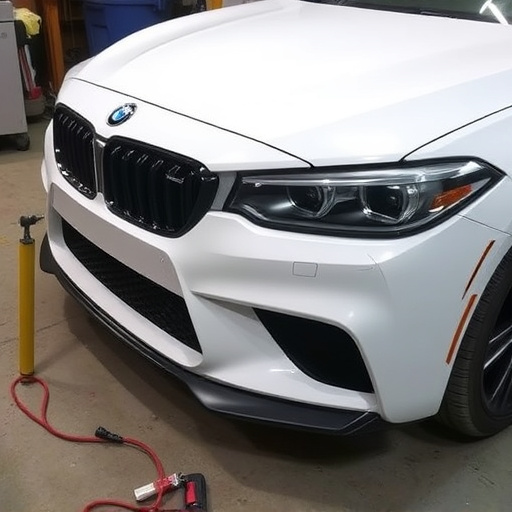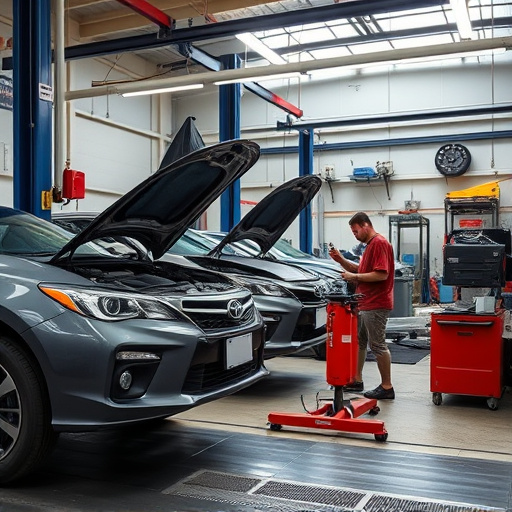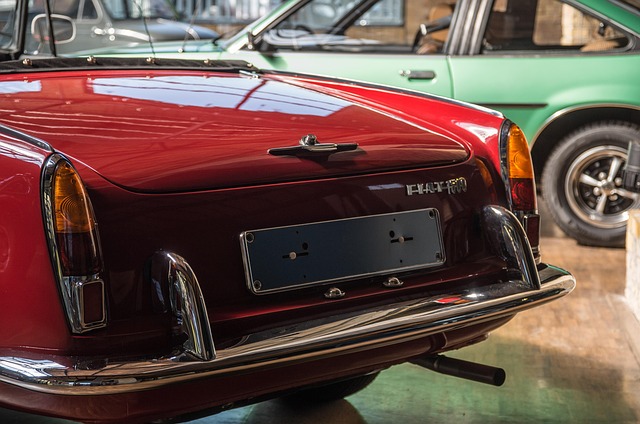Differential damage in car collisions causes uneven wear and deformation, affecting drivability, especially handling and steering. A thorough differential inspection is crucial post-collision to identify internal damage, which may require advanced tools. Repairs should be entrusted to professionals, followed by quality body work for safety and performance restoration. Regular inspections maintain optimal vehicle condition and driver safety.
In the event of a vehicle collision, not all parts are equally affected. Differential damage, often overlooked, significantly impacts drivability. This article explores the intricate relationship between differentials and vehicle performance. We delve into how structural integrity, particularly after a differential inspection and collision repair, is crucial for maintaining handling precision and steering accuracy. By understanding these dynamics, drivers can ensure optimal safety and control on the road.
- Understanding Differential Damage: A Basic Overview
- Impact on Vehicle Handling and Steering Precision
- Restoring Drivability After a Differential Collision Inspection
Understanding Differential Damage: A Basic Overview
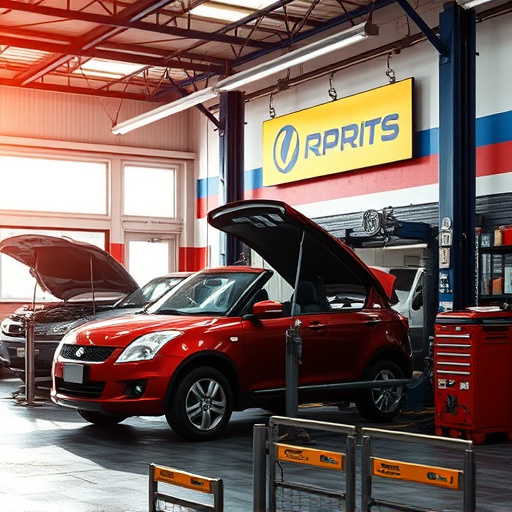
Differential damage, a term often used in the automotive industry, refers to the unequal wear or deformation of vehicle components, particularly the wheels and suspension systems, following a collision. This phenomenon is crucial in understanding how an automotive collision repair might be approached for optimal drivability. When a vehicle experiences a collision, not every part is affected equally; some may bear the brunt while others remain relatively unscathed.
This uneven damage can result from various factors, such as the angle and force of impact during the auto collision. For instance, in a frontal collision, the front differential might sustain significant stress, leading to misalignment or damage that requires precise automotive restoration techniques. A thorough differential inspection is therefore vital after any collision, as it enables professionals at an auto collision center to assess and address these disparities, ensuring the vehicle’s overall safety and drivability.
Impact on Vehicle Handling and Steering Precision
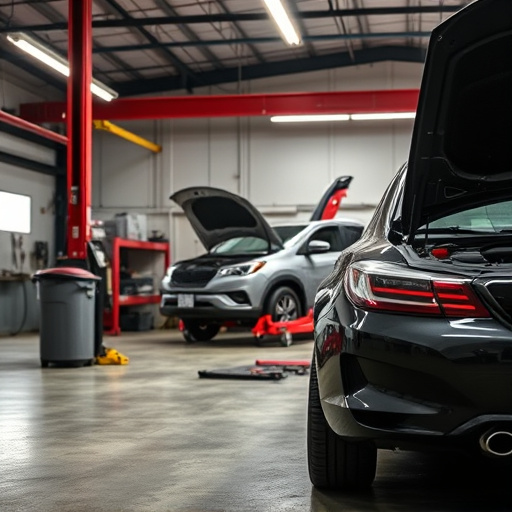
A differential inspection collision can significantly impact a vehicle’s drivability, particularly its handling and steering precision. The differential is a crucial component responsible for enabling smooth turning by distributing torque across the wheels. When a collision occurs, whether from an accident or routine wear and tear, damage to this mechanism can lead to improper wheel rotation and loss of control while driving. This disruption affects the vehicle’s ability to navigate corners evenly, potentially causing erratic steering or even loss of steering capability.
Such issues are not merely inconvenience; they can pose serious safety risks on the road. What’s more, differential problems might not always be immediately apparent through visual inspection. Unlike visible damage like a scratch repair or car dent removal, internal differential damage may require advanced diagnostic tools to uncover. Regular differential inspections are, therefore, essential for maintaining optimal vehicle performance and ensuring driver safety.
Restoring Drivability After a Differential Collision Inspection
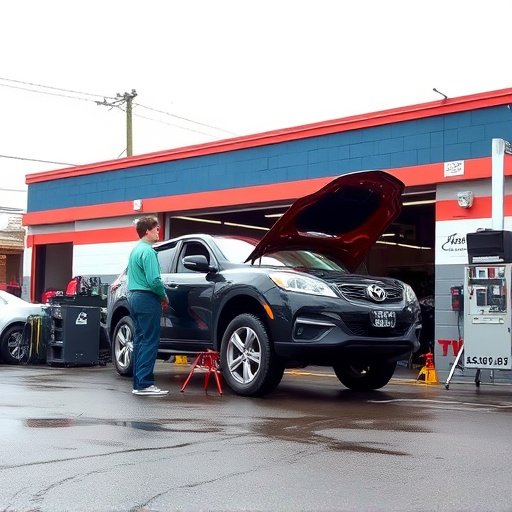
After a differential collision, restoring drivability involves several crucial steps. Begin with a thorough differential inspection to assess any damage or wear. This includes checking for cracks, excessive play, and other signs that could indicate replacement is necessary. A professional mechanic can perform this differential inspection, ensuring accuracy and safety.
Once the differential is inspected, if repairs are required, it’s essential to turn to a trusted vehicle body shop. They can handle tasks such as dent removal and car paint repair, restoring your vehicle’s exterior to its pre-collision condition. Following these steps guarantees that not only is your car drivable again but also that its overall quality and safety standards are maintained.
Differential damage, often overlooked in vehicle accidents, can significantly impact drivability. Understanding its effects on handling and steering precision is crucial for ensuring safety and performance. Regular differential collision inspections are vital to restoring proper vehicle drivability and preventing potential hazards on the road. By addressing these issues promptly, drivers can experience enhanced control and confidence while navigating through various driving conditions.
